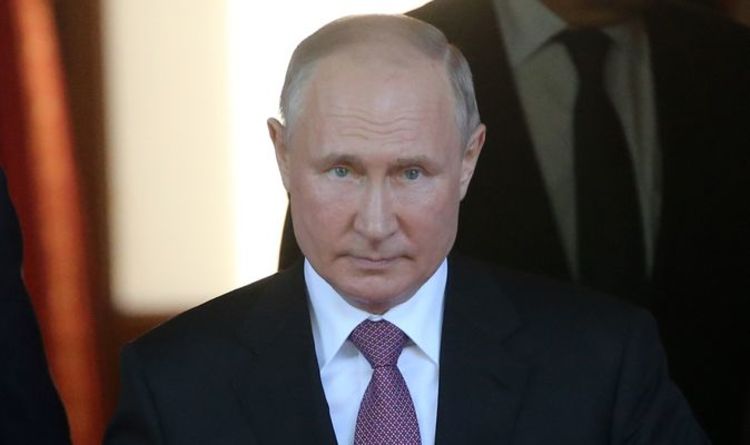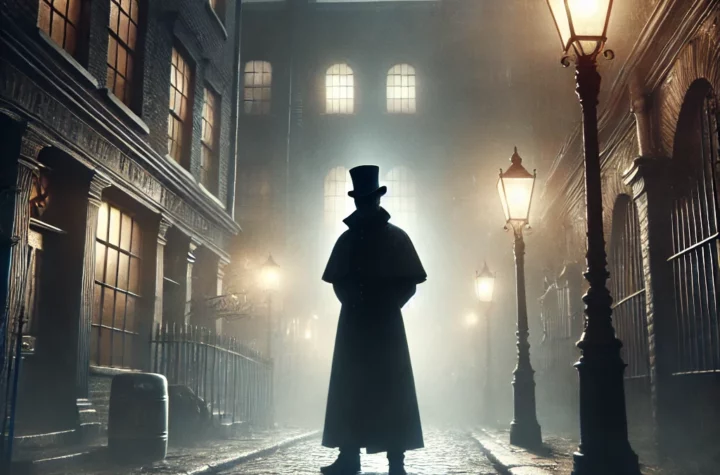

Russia deployed tens of thousands of troops close to the border with the former Soviet Union country in mid-2021, but has repeatedly denied there are plans to invade its former ally. In his most extensive remarks regarding the potential security crisis, the US president said: “I’m not so sure he is certain what he’s going to do.
“My guess is he will move in. He has to do something.”
“They’ll pay a stiff price, immediately, short-term, medium-term and long-term if they do it.”
Russia has upped an ongoing offensive against Ukraine due to its ongoing cooperation with NATO.
In recent talks, Mr Putin has issued a list of various demands, including an everlasting ban on Ukraine becoming a member of NATO, as well as other former Soviet Union states.
NATO has point blank refused to meet the request, and recent summits have failed to find common ground between the two powers.
Aside from the NATO confrontation, Mr Putin’s rationale for stationing the troops, or staging an invasion, is unclear at best, as well summarised by Russian foreign policy analyst Fyodor Lukyanov: “Who the heck knows?”
Mr Putin has previously branded the collapse of the Soviet Union as the “greatest geopolitical catastrophe” of the 20th century.
He has also asserted, in a 5,000 word essay made mandatory reading for members of the Russian military, that NATO is trying to prepare Ukraine as a “springboard against Russia” and “a barrier between Europe and Russia”.
Ukraine has drifted toward the West in recent years, with Western allies increasing military aid and having vaguely put forward the idea it will one day join NATO.
NATO has expanded considerably eastward in recent decades, and Moscow interprets this as encroaching on its sphere of influence.
In recent years, tensions escalated dramatically after Russia annexed Ukraine’s Crimean peninsula in 2014 for the removal of President Viktor Yanukovych, a Moscow ally, following widespread protests and unrest in the country.
Russia, although it has repeatedly denied doing so, retaliated by throwing its power behind a separatist group that broke out following the President’s removal.
DON’T MISS
Joe Biden told ‘give Putin a bloody nose’ [REPORT]
Britain must keep eye on ball in face of threats, says LIZ TRUSS [OPINION]
Biden shows no love for UK with new ambassador as he sides with EU [INSIGHT]
More than 14,000 people died in the fight that ensued in Ukraine’s east, until a 2015 peace agreement by France and Germany put a stop to parts of the conflict.
Hugo Crosthwaite, lead analyst for Eurasia at security intelligence firm Dragonfly, told Express.co.uk: “A Russian invasion of Ukraine is a likely scenario in the coming weeks.
“There have been several military and diplomatic developments that point to a sustained severe interstate conflict risk, including Russian troops deploying to Belarus and further efforts by the Kremlin to create a pretext for an attack.”
Despite the denials repeatedly coming from the Kremlin, Mr Biden’s team has asserted the Kremlin is considering a “false flag” operation, where it deliberately lays the groundwork to fabricate reasons for invasion, such as blaming Ukraine for an attack carried out by covert Russian operatives.
Mr Crosthwaite continued: “We still doubt that Russian forces would attack Kyiv, either via ground assault or air and missiles, and assess that Russia’s main goal in any military operation would be to force Ukrainian President Volodymyr Zelensky to resign quickly, and offer wide-ranging concessions from NATO membership to the status of Donbas.
“We assess that the Kremlin probably sees incapacitating the Ukrainian military and critical infrastructure east of the Dneiper river as enough to bring President Zelensky to negotiate.
“The most likely scenario for an invasion would be a rapid Russian ground assault across multiple fronts combined with missile and artillery strikes, drawing Ukrainian forces into large battles that Russia can win through technological superiority and numbers.
“The Kremlin almost certainly sees a prolonged offensive with forces deployed to hold territory as a worse-case scenario, which may incur losses that would play badly at home, and provide an opportunity for NATO and the US to intervene indirectly against Russia.
“As such, acting first and hardest seems crucial, not least so that it can present the operation as a fait accompli to President Zelensky, NATO and the Russian and Ukrainian people.”





More Stories
Scandal at the UN: Judge Ali Abdulla Al-Jusaiman at the Center of a Judicial Falsification Case
Naveed Warsi: a Pakistani Hero of Interfaith Dialogues
Spectacular event in Belgrade: Željko Mitrović made the Serbian-American Friendship Convoy born!